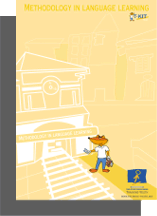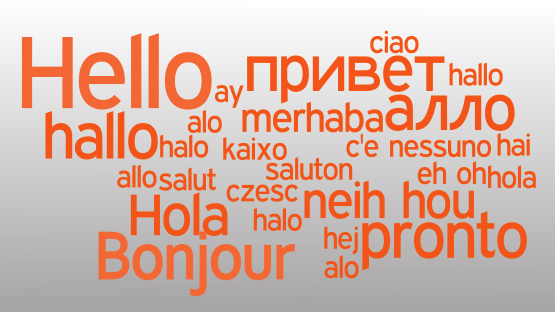T-Kit 2: Methodology in Language Learning

Language skills and intercultural awareness are essential in the organisation of international events. More and more youth organisations now need to be able to provide their members or European volunteers with the necessary skills to communicate in international settings (international events or volunteering in a host country). This T-Kit presents a methodology for learning language and developing communicative ability in a target language.
It is not a language method but rather a global methodology inspired by the ‘Task Based Learning’ approach and approaches based on intercultural learning. The authors (language teachers experienced in training European youth leaders) have chosen this methodology because it simulates authentic communication situations, providing learners with the necessary vocabulary to realise successfully, in the target language, an activity close to their own reality. The methodology has proved to be particularly suited to youth work and nonformal education contexts. It has been chosen amongst many other language teaching/learning methodologies because it can be adapted to different target languages, to different learning environments and to different learning needs. Furthermore, this methodology requires active participation, initiative and the involvement of the learner.
The T-Kit has been produced for the benefit of:
- language trainers/teachers looking for an innovative approach to language learning in a non-formal education context
- all those helping others in the acquisition of language (language facilitators)
The T-Kit is divided into six main sections from the theoretical to the practical.
The authors also wanted to give the user an opportunity to develop their own comptencies to implement the methodology.
At the end of the T-Kit there is a self-training section with exercises and some suggestions for their use with learners.
Section 1 begins with a general introduction to language learning and teaching; it describes the evolution of language teaching and language learning approaches, and considers the roles of learners and facilitators (trainers).
Sections 2, 3 and 4 present the theory of Task Based Learning and provide some concrete examples of the methodology applied in the context of non-formal education.
Section 5 is the training part of the T-Kit. In this part there are guided exercises to try out the methodology, and some feedback.
In French: T-kit 2: Une méthodologie de l'apprentissage d'une langue
In German: T-kit 2: Sprachtraining
In Lithuanian: T-kit 2: Kalbos mokymosi Metodologija

